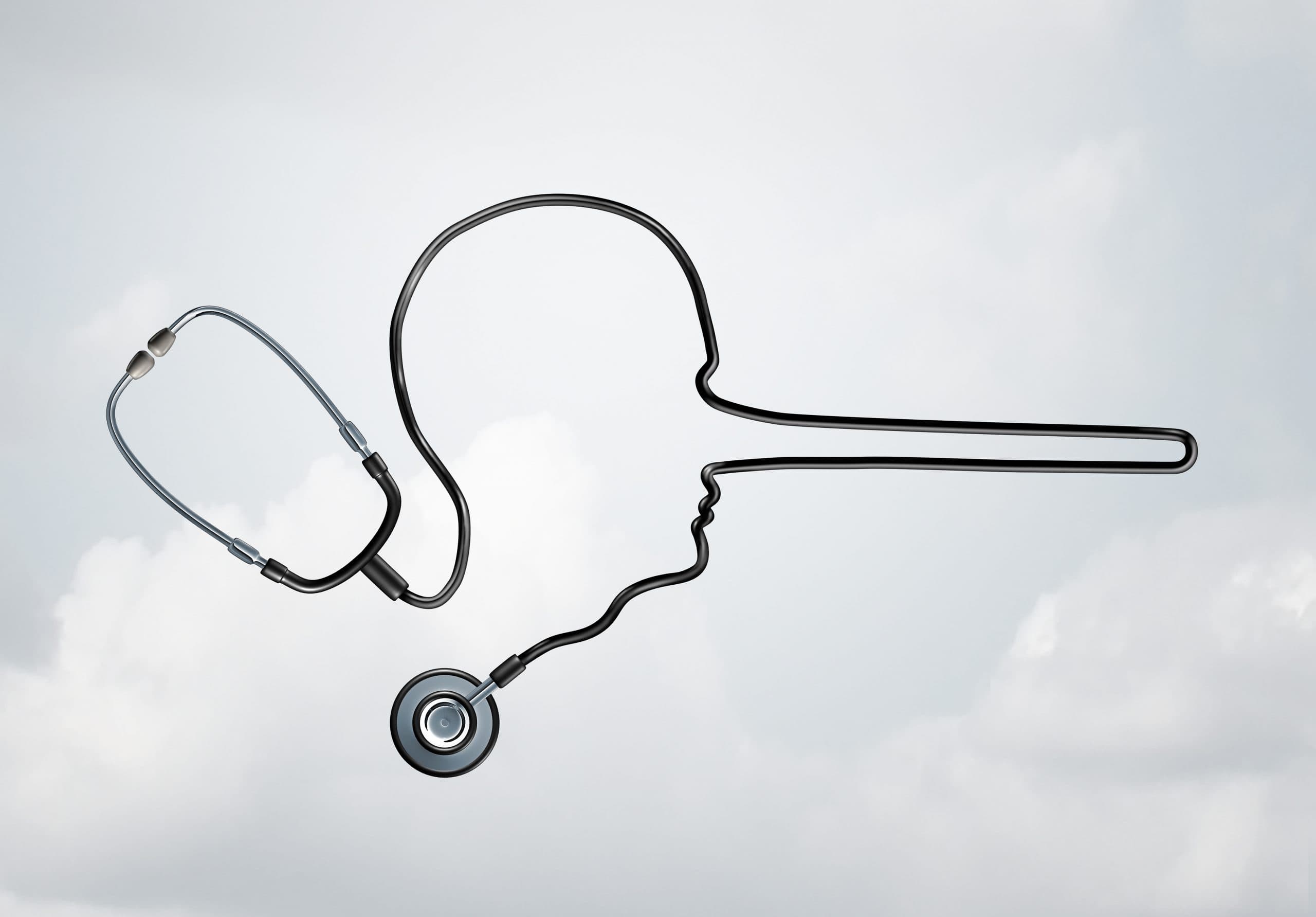Sage Money Podcast - Interview with Dr. Horvath
Posted on February 4, 2022
Sage Money Conversations with Barbara Norman, CFP® - Interview with Dr. Tom Horvath
Episode 010: Dealing With Family Addiction
Addiction can be financially devastating, it can destroy a life, and it can tear a family apart. It’s common for individuals with addictive problems to attend several expensive treatment programs, with little lasting progress. In this revealing episode, Dr. Tom Horvath reveals some of the problems with traditional approaches to treatment, and he offers alternative ways to treat addictive problems, talk with our loved ones, and create a happier home life.
Dr. Horvath, author of Sex, Drugs, Gambling & Chocolate: A Workbook for Overcoming Addictions, has specialized in addictive problems since 1985. He is a California licensed (PSY7732) and board-...
full story







